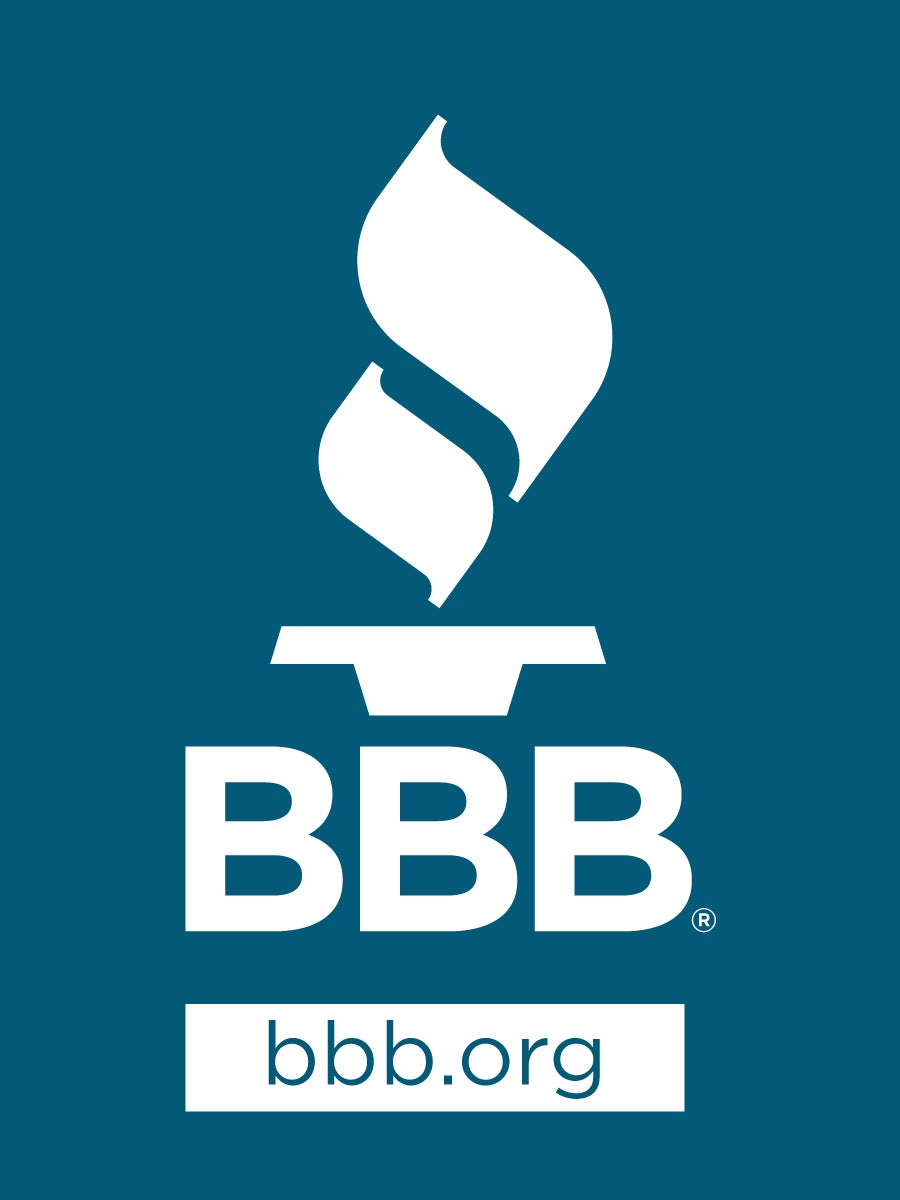Spike shown in online purchase scams since COVID started
Published 3:58 pm Wednesday, October 28, 2020
|
Getting your Trinity Audio player ready...
|
Scams related to online purchases, already on the rise in 2019, spiked further following the start of the COVID-19 pandemic, according to new research by the Better Business Bureau (BBB). A staggering 80.5 percent of consumers reporting online purchase scams in 2020 lost money. That figure has been creeping up from 71.2 percent in 2015, when BBB began collecting data.
Online purchase scams ranked among the top three riskiest scams for the last three years, according to the 2019 BBB Scam Tracker Risk Report that was published in March 2020. Shortly after the report was released, COVID-19 shut down businesses, forcing people to socially distance and increase their online presence.
The organization measures fraud using the BBB Risk Index, a multidimensional approach to evaluating scam risk that considers three elements: exposure (prevalence of a scam type), susceptibility (the likelihood of losing money when exposed to a scam type), and monetary loss (the median dollar loss reported for a particular scam type).
With the coronavirus pandemic expected to continue for the foreseeable future and more people potentially being targeted by online scams, BBB launched a new study to better understand how online purchase scams happen, who is targeted, the overall impact of them and how BBB can help people avoid losing money while shopping online.
The 2020 Online Purchase Scams Report examines findings from an August 2020 survey of 1,549 U.S. and Canadian consumers reporting online purchase scams to BBB Scam Tracker. The top reason people lost money to this type of scam was the enticement of a sales price. Scammers offered high demand products at a significantly reduced dollar amount, which then increased the desire to purchase the item.
“This trend is also evident in SETX based on locally reported scams,” according to Liz Fredrichs, President of BBB SETX. “Our scam tracker reports locally show a 200% increase in online purchase scams in 2020 as compared to the same period in 2019. Monetary losses reported in the last 8 months are also up, with residents reporting a loss of over $4,900.00 since the pandemic began.”
Following the coronavirus outbreak, the second biggest motivating factor to search and purchase items online was availability. Early in the pandemic, supplies such as hand sanitizer, toilet paper, cleaning products, and masks were in short supply. According to the survey, more than half (53 percent) of the respondents said they weren’t aware they were a target of a scam until they didn’t receive the product they ordered.
Consumers who lost money to online purchase scams reported the following platforms as the place where they saw the product: Facebook, Google, a direct merchant website, Instagram, or pop up ads on social media when they were actively shopping. According to survey respondents, out of the 57 percent who did not research the website or business via an independent source before making a purchase, more than four out of five lost money.
The report highlights those who are most at risk for online purchase scams. Individuals ages 35-44 were more susceptible and likely to be victimized, while younger consumers are more susceptible than older adults. However, older adults tend to lose more money than younger adults for online purchase scams. This falls in line with findings across all scam types. In addition, service members, military spouses, and veterans were more likely to fall victim than non-military consumers, and reported losing significantly more money to online purchase scams.
Survey results reinforced that consumer education in relation to online shopping is a critical component of fighting back against these scammers. Those who were aware of online purchase scams prior to being targeted were less likely to lose money (77 percent) than those who were not aware (82 percent).
For more than 100 years, the Better Business Bureau has been helping people find businesses, brands and charities they can trust. In 2019, people turned to BBB more than 183 million times for BBB Business Profiles on nearly 5.8 million businesses and Charity Reports on 11,000 charities, all available for free at bbb.org. There are local, independent BBBs across the United States, Canada and Mexico, including BBB Serving Southeast Texas, which was founded in 1963 and serves 8-½ counties in TX.
2020-BBB-HowToAvoidOnlinePurchaseScams






